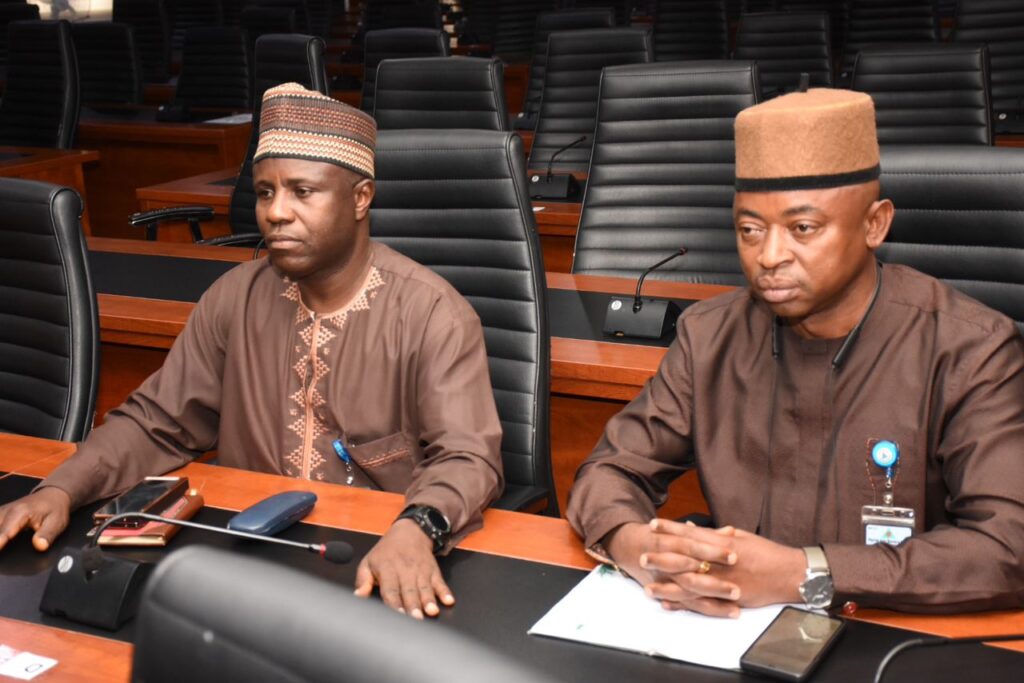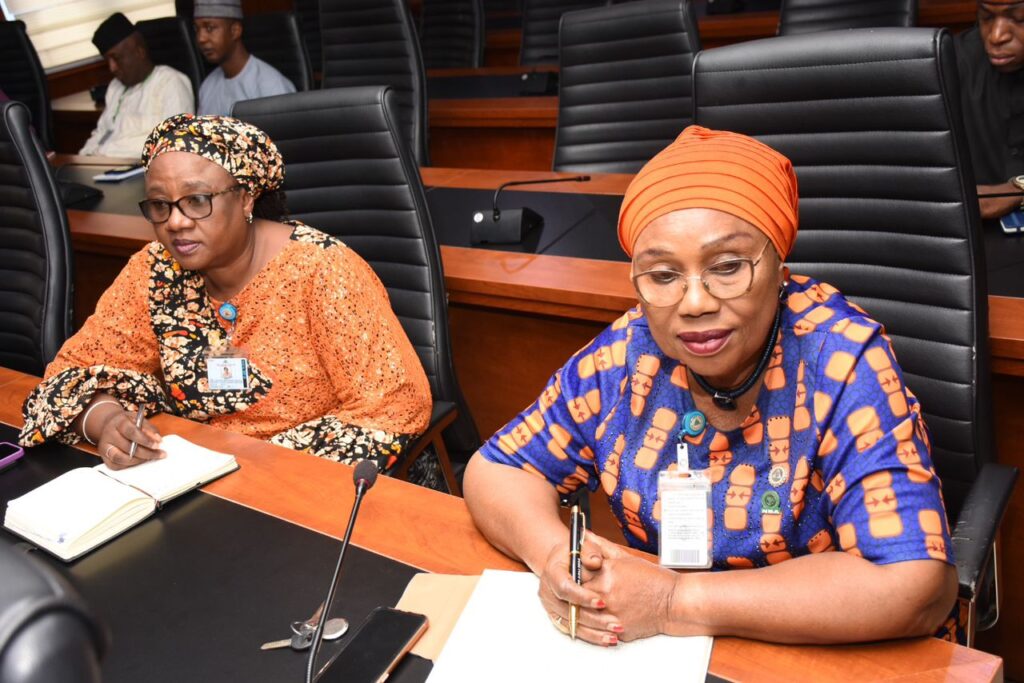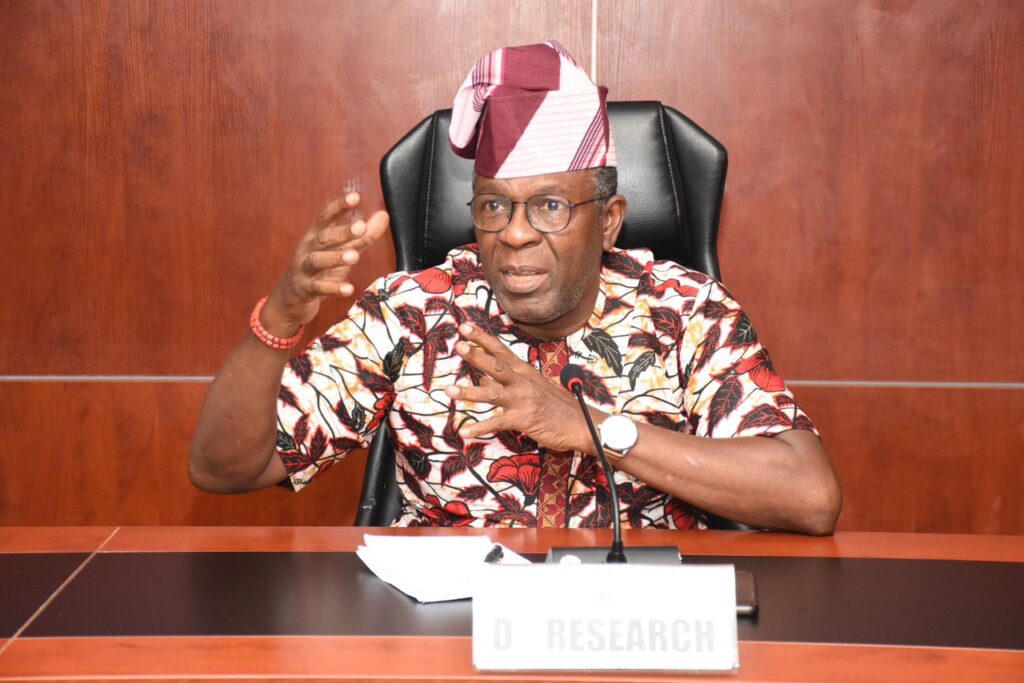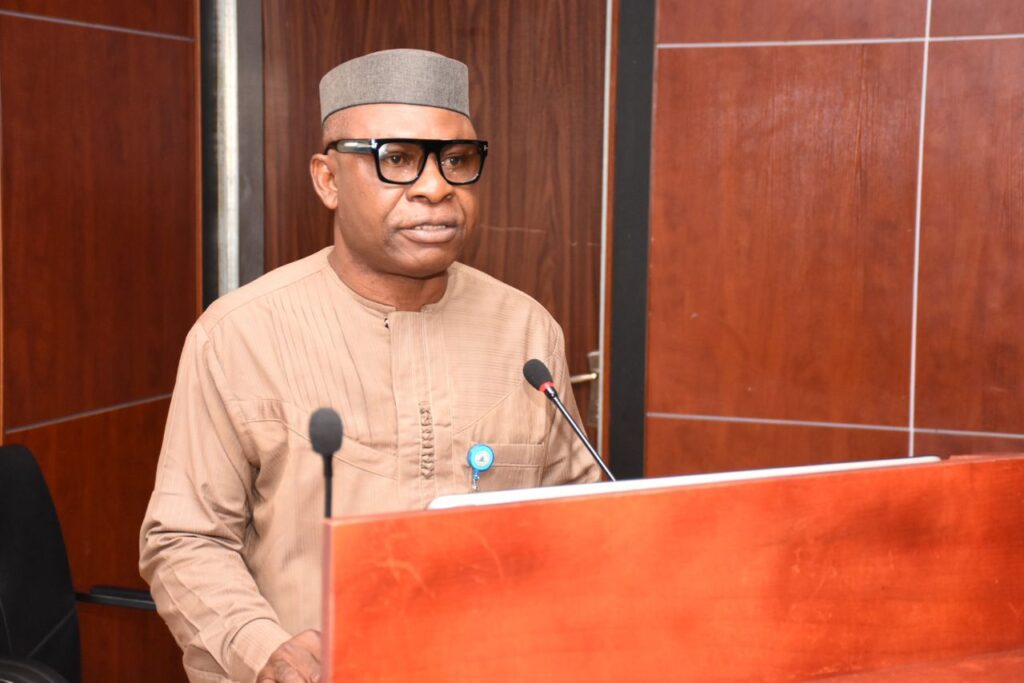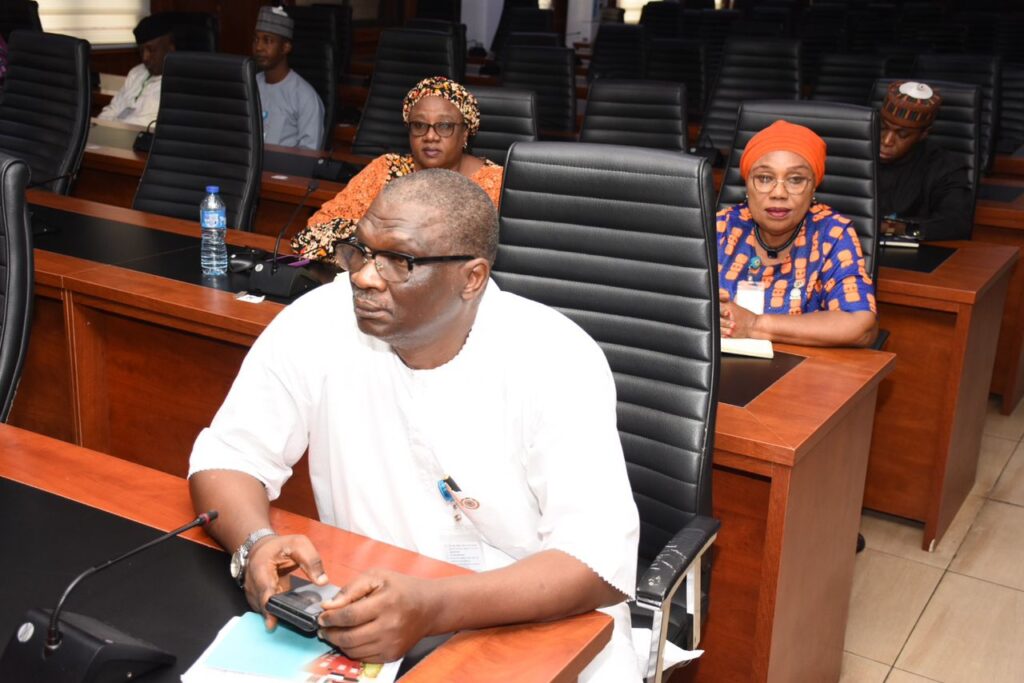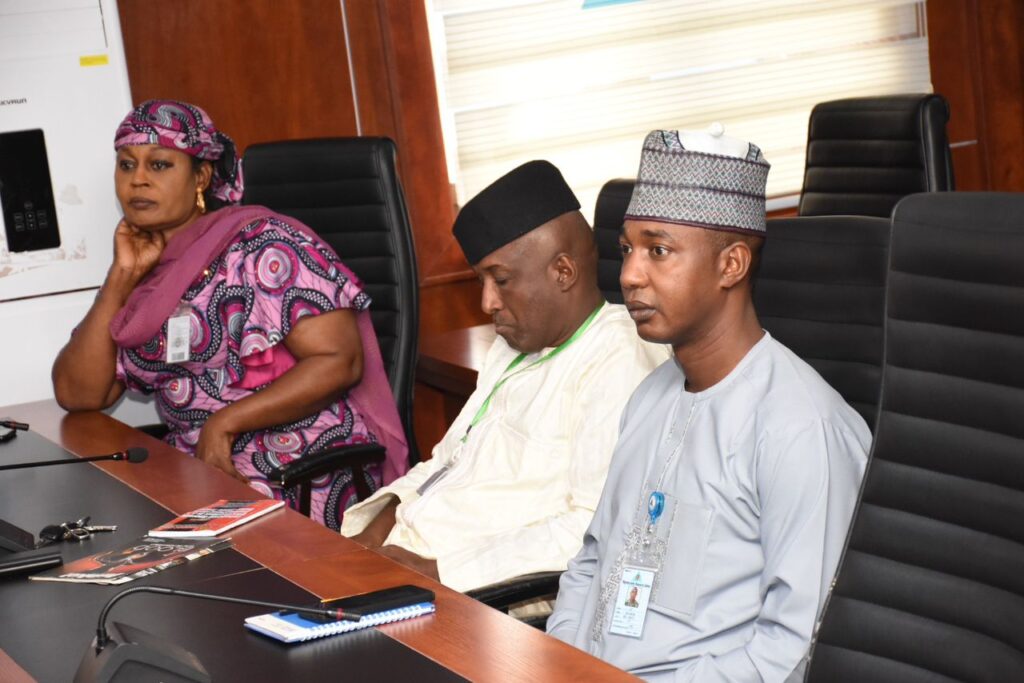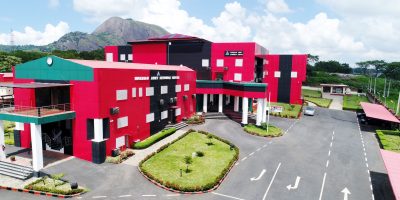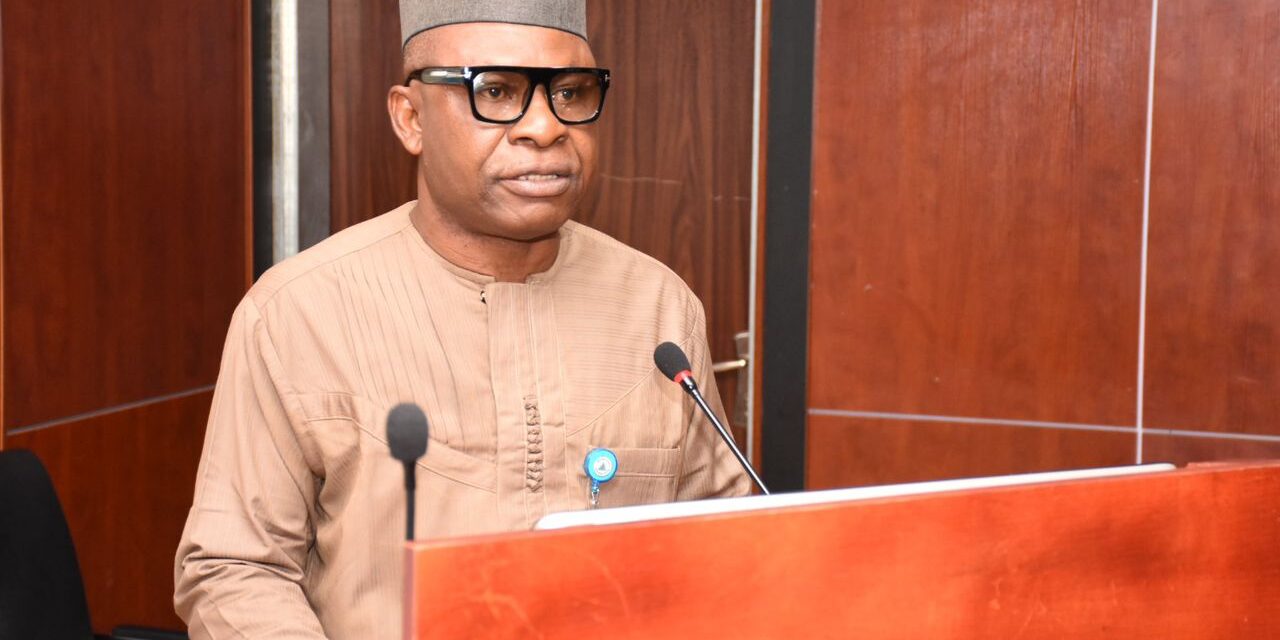The Friday 2 August 2024 edition of the Nigerian Army Resource Centre (NARC) Weekly Subject Experts’ Presentation was held at Hall C TY Burati Block, Abuja. The only presentation for the day was made by the Subject Experts on East and Central Africa.
The only presentation for the day was made by Brig Gen ED Idimah subject expert on East and Central Africa, his presentation focused on how Another Deadly Landslide Reported in Ethiopia. The National Disaster Management Commission of Ethiopia reported on Monday, 22 Jul 24, that a landslide in the district of Wonsho, Sidama region, had killed six people and injured a similar number. However, other media sources like Aljazeera, BBC and AFP put the number of fatalities to over 200 and 12 wounded. The wounded are receiving medical care at local hospitals, while the government mobilized a team of Commission officials and security personnel to the area to provide humanitarian assistance. A warning was issued about the possibility of similar incidents in other regions and the community was urged to exercise extreme caution. The Ethiopian government warned earlier this month about the risk of flooding and related disasters during the current rainy season (June-September). The Southern Nations and Peoples region, along with others and Addis Ababa, were among the areas likely to experience severe flooding.
In his analysis and lessons for Nigeria, Brig Gen ED Idimah noted that, in Nigeria, landslides are more common in the Southern part of the country than in the Northern part, with South Eastern Nigeria being the most affected region. The main cause of landslides in Southeastern Nigeria is gully erosion, which is attributed to both natural and anthropogenic factors. The Natural causes include: High rainfall intensity, low vegetation cover, high altitude, strength of soils and surficial sediments and groundwater/soil interactions. Anthropogenic causes include deforestation, fossil fuel burning, indiscriminate construction and urbanization and population growth.
Nigeria can draw the following lessons from the Ethiopian Landslide; Environmental Management, Early Warning Systems, Community Awareness, Emergency Preparedness, Sustainable Land Use, Geological Mapping, Research and Development.
Additionally, the implications for national security include infrastructure damage, population displacement, and economic impacts that divert resources from security budgets. Addressing these challenges requires comprehensive disaster risk reduction strategies and collaboration among various stakeholders.
He recommended that the Federal Government of Nigeria should conduct community education programs to increase awareness about landslide risks and promote best practices for land management and construction and also promote reforestation projects to stabilize soil and reduce erosion.





